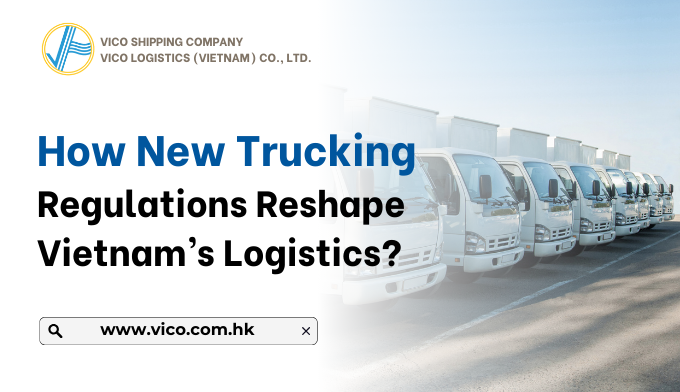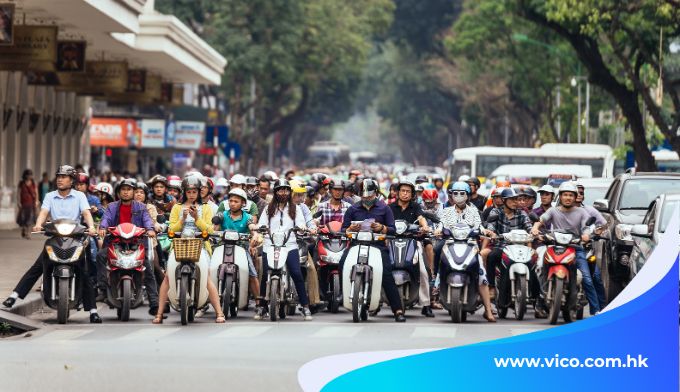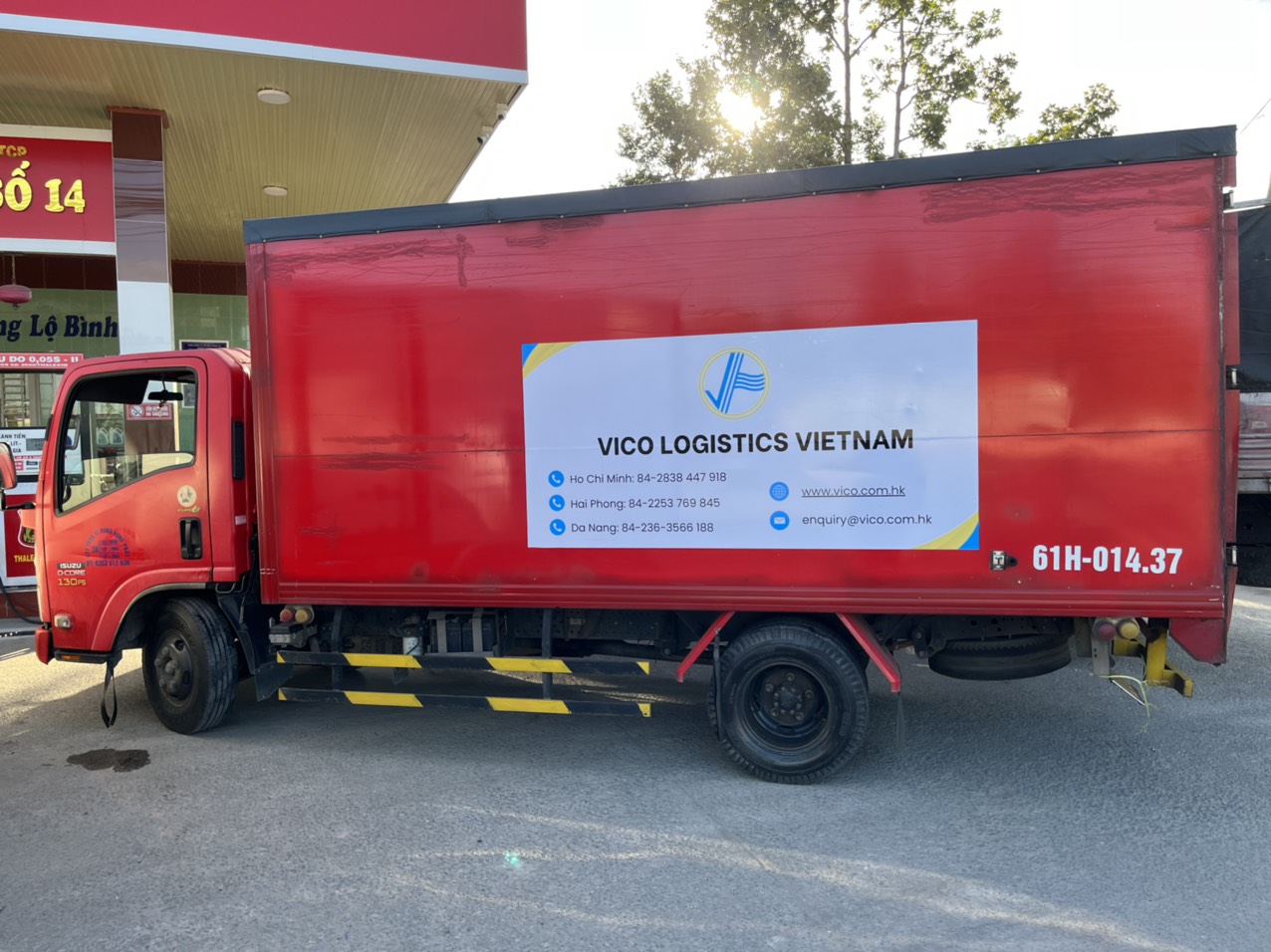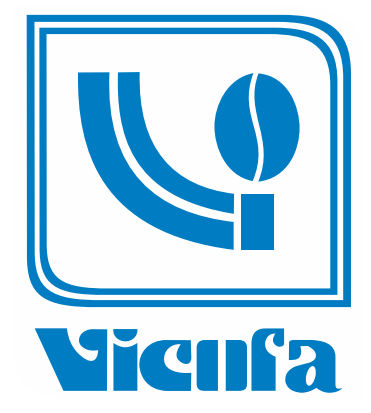
Decree 168/2024/ND–CP: How New Trucking Regulations Are Reshaping Vietnam’s Logistics Service?
Introduction about the trucking regulations in Vietnam from 2025
The Vietnamese trucking industry is facing significant operational and financial challenges following the implementation of Decree 168/2024/ND–CP and the Road Traffic Order and Safety Law, effective January 1, 2025. While these regulations aim to enhance road safety and compliance, they have also introduced obstacles that impact logistics efficiency, delivery timelines, and costs. In response, industry associations and transport businesses are advocating for adjustments to ensure the sustainable development of Vietnam's trucking service sector.
At VICO Logistics, we are committed to keeping our clients, partners, and employees informed about key developments that impact our operations and the broader logistics industry in Vietnam. Below, we provide a comprehensive overview of the decree, its key provisions, its reported impact, and how VICO Logistics is responding to these changes.
Key Changes in Decree 168/2024/ND–CP and Their Implications on Vietnam trucking situation
1. Stricter Regulations on Driving Hours
- New Limits: Drivers are restricted to a maximum of 10 hours per day, 48 hours per week, and no more than 4 consecutive hours.
- Impact: Many trucking companies struggle to comply due to Vietnam’s road infrastructure constraints. Long-haul drivers often face delays, forcing them to pause their journeys midway, leading to increased transit times and delivery disruptions.
Impact | Details |
Driver Shortages | Stricter driving hours make long-haul transport difficult. Many companies struggle to find extra drivers. |
Delivery Delays | 67.5% of businesses report longer delivery times (>10% increase). Long-haul routes are especially affected. |
Rising Costs | 52.5% of businesses see operational costs increase up to 10% due to hiring more drivers and penalties. |
Lower Delivery Efficiency | Only 44.7% of companies maintain an on-time delivery rate of 70-89%. |
Supply Chain Disruptions | Slower transportation impacts raw material supply and international trade, delaying imports and exports. |
2. Automated Traffic Monitoring and Increased Penalties
- Use of GPS Data for Fines: Authorities can now use journey monitoring devices (JMDs) to detect violations such as excessive driving hours and speeding.
- Challenges:
- GPS signal inconsistencies in tunnels and rural areas could result in unfair penalties.
- Discrepancies between company-tracked mileage and government-monitored data raise concerns about data accuracy.
- Industry Response: Transport associations are urging the government to delay GPS-based fines until data reliability improves and to align driving time regulations with international standards.
3. Rising Costs and Labor Shortages
- Increased Fines & Compliance Costs: The cost of violations has surged tenfold, making non-compliance a financial burden.
- Driver Shortage:
- The penalties have driven many truck drivers to quit or seek alternative jobs.
- Transport vendors report a 4% decrease in driver availability post-Tet holiday.
- Higher wages (5-10% increase) are required to retain drivers, escalating overall trucking service costs.
>> Exporting Goods to Cambodia by Road: An Opportunity for Export Market Expansion

Market Impact and Adjustments in Vietnam Trucking Service
Short-Distance Trucking (Vietnam domestic routes)
- Truck turnover has decreased from 2.5-3 trips/day to 1.5 trips/day.
- Increased delivery delays due to traffic congestion and stringent traffic fines.
- Heavy fines (traffic light violations, time violations, driving license swiping fines) discourage reckless driving, but drivers fear losing their licenses, reducing efficiency.
- Truck owners have increased driver salaries by 10% to retain labor.
Container Trucking (Long-Distance Transport)
- Penalty costs have increased tenfold, making transportation operations more difficult.
- Compliance with the 10-hour daily driving limit forces drivers to halt journeys before reaching warehouses, leading to overnight delays.
- Drivers sleep in their trucks while waiting to legally resume driving, causing disruptions.
- Transport vendors are rejecting long-distance contracts due to increased transit times and higher costs.
- Example: A driver works 10 hours/day, spends 7 hours on a trip, and must allocate 3 hours for parking, reducing productivity. Some drivers now work Monday-Thursday only, taking Friday-Sunday off, further limiting availability.

Vietnam North-South Trucking Routes
- The requirement of two drivers per long-haul truck has raised operating costs and freight pricing.
- Heavy fines cause financial strain on drivers, leading many to quit the industry.
- Long-haul container trips have dropped from two per day to one per day.
- High fines and driver shortages (4% decline) have led to increased trucking costs.
- Some transport vendors report difficulty hiring new drivers post-Tet.
- Many trucks remain parked due to a lack of available drivers.
Industry Concerns:
- Risk of Unfair Fines: Many areas lack rest stops, making compliance difficult. Traffic congestion can also force drivers to exceed permitted hours.
- Device Accuracy Issues: GPS signals often drop in tunnels or mountainous areas, leading to incomplete or inaccurate data.
- Operational Disruptions: Companies struggle to find additional drivers, which could increase costs and fares.
- Data Inconsistencies: Differences between company-tracked mileage and government-received data suggest errors in data transmission and reliability.
>> How VICO LTL trucking can streamline textile fabrics manufacturing logistics in Vietnam?
Opportunities for Logistics Providers Amid Challenges
Despite the difficulties, the evolving regulatory environment presents opportunities for logistics companies to differentiate and improve service quality.
1. Route Optimization and Advanced Planning
- Companies that leverage route optimization technology and real-time traffic monitoring can reduce idle time and avoid congested areas.
- Strategic scheduling can help balance driver shifts and ensure compliance with legal working hours.
2. Investment in Fleet Management Technology
- Advanced GPS tracking and fleet management software can help logistics firms monitor driving time, fuel efficiency, and vehicle utilization more effectively.
- Predictive analytics can assist in mitigating operational risks and improving resource allocation.
3. Workforce Training and Driver Retention Strategies
- Offering competitive wages and improved working conditions can help retain skilled drivers.
- Investing in driver training programs for compliance with the new regulations can reduce penalties and enhance operational efficiency.
>> Optimizing Logistics in Cambodia with VICO’s Vietnam-Cambodia Cross-Border Service
Vietnam Government and Industry Recommendations
To ensure sustainable growth in Vietnam’s trucking industry, Mr. Nguyễn Văn Quyền, Chairman of the Vietnam Automobile Transport Association (VATA) has proposed:
1. Extending Weekly Driving Limits
Increasing the weekly driving limit to 70 hours, aligning with global standards (e.g., U.S., EU, Japan). Compared to the world’s leading developed countries such as the European Union (EU), the United States, and Japan, the number of hours driving vehicles in Vietnam is too low. For example, the number of hours driving vehicles in the EU is 56 hours per week, in the United States it is from 60 to 70 hours per week, and in Japan, it is a maximum of 60 hours per week.
On the other hand, passenger transport activities only increase during holidays, Tet, and weekends. Meanwhile, freight transport activities only increase at the end of the year or at certain seasonal times, so there are many periods when vehicles are idle for an entire month.
2. Delaying GPS-Based Fines
- Implementing fines only after ensuring data accuracy and reliability of monitoring devices.
3. Upgrading Road Infrastructure
- Addressing congestion issues and developing rest stops along major highways to support drivers.
4. Revising Penalty Structures
- Adjusting penalties to focus on severe violations rather than penalizing minor, unavoidable infractions.
Stakeholder | Solution | Details |
Transportation Businesses | Form Logistics Cooperatives | Small transport companies should join forces to share resources and stay competitive. |
Invest in Technology | Use route optimization and real-time tracking to maximize efficiency. | |
Government & Policy Makers | Manage Drivers, Not Vehicles | Implement ID card scanning & facial recognition to track driver shifts instead of tracking only vehicle movement. |
Adjust Driving Hour Limits | Increase weekly driving limit to 55-60 hours. Allow up to 10% over legal limits before imposing fines. | |
Improve Infrastructure | Build more highway rest stops for drivers and upgrade road networks to reduce congestion. |
Impact on Road Safety: Early Results
Since its implementation, Decree 168 has shown promising results in improving road safety across Vietnam. According to data from the Traffic Police Department under the Ministry of Public Security:
· Traffic accidents in January 2025 decreased by over 26% compared to January 2024.
· Fatalities dropped by 1.72%, and injuries fell by 37.71%.
·
During the nine-day Lunar New Year (Tet) holiday in 2025, 445 accidents were reported, resulting in 209 deaths and 373 injuries—a notable improvement over previous years.
Specific violations have also declined:
· Cases subject to fines decreased by 12.8%.
· Alcohol-related violations dropped by 13%.
·
Speeding incidents fell by 2.1%.
These statistics, reported by reputable sources such as Vietnam News and VietnamPlus, underscore the decree’s effectiveness in fostering safer driving behaviors and reducing road incidents.
Conclusion
Vietnam’s trucking service industry is undergoing significant changes due to Decree 168. While challenges such as labor shortages, increased costs, and regulatory hurdles persist, logistics providers that adapt with technology-driven solutions and strategic workforce management will remain competitive.
At VICO Logistics, we continue to monitor regulatory updates, optimize our trucking operations, and collaborate with industry stakeholders to provide reliable and efficient transportation solutions for businesses across Vietnam.
For more insights and tailored logistics solutions, contact VICO Logistics today.
Learn more other article
Latest Updates on Vietnam On-Spot Import-Export Regulations from VICO Logistics
Vietnam import process successfully completed on the first attempt
Bonded Warehouses in Vietnam: What They Are and Where to Find Them
----
VICO Logistics – Textile Logistics Provider
Premium member of Eurocham, JCtrans, VICOFA, VITAS... associations
Owned offices: Hong Kong (headquarters), China (Shenzhen, Shanghai), Vietnam (Ho Chi Minh, Da Nang, Hai Phong).
Follow us for more valuable information
Book now: https://vico.com.hk/#quotation
Contact us:
Email mkt4_hcm@vico.com.hk (For business development)
Hotline: Zalo/Whatsapp: (+84)901877108
WeChat: miauyen157






